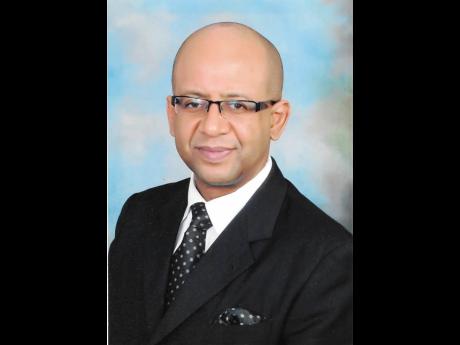Immigration Corner | Use a 'Surinder Singh' application for UK residency
Dear Mr. Bassie,
I was informed that there might be a route for a person such as myself to seek residency in the United Kingdom (UK) by way of a ‘Surinder Application’. Could you please tell me what this is?
DH
Dear DH,
The Surinder Singh visa route is a route for dual nationals and United Kingdom citizens to secure UK immigration rights for their overseas family members, without going through the normal route of a visa application. In the case of British citizens, it involves them living and working elsewhere in the European Economic Area (EEA) and those persons asserting the rights associated with EEA citizenship and free movement to gain access to the United Kingdom.
In effect, it means that by exercising certain rights under European freedom of movement, a person’s status as a European citizen takes priority over their status as a UK citizen and when that person returns to the UK after living and working in an EEA for three months, he/she is allowed to bring their non-EEA spouse without having to meet the £18,600 minimum earnings requirement which applies to United Kingdom citizens.
This means that a person might be able to make a ‘Surinder Singh’ application if they have lived in another EEA country with an eligible family member who is a British citizen before returning to the United Kingdom.
That person’s British family member must be one of the following:
• A spouse (husband or wife) or civil partner
• A parent or grandparent (or their spouse or civil partner) –he/she must also be under 21 years of age or dependent on them
• A child or grandchild (or their spouse or civil partner) –he/she must be dependent on them
Eligibility
To be eligible, the sponsoring British family member must either have the right to permanent residence in the EEA country where the applicant lived together, or provide proof that they were one of the following there:
• Working, self-employed or self-sufficient - for example, employer’s letters, wage slips, contracts, bank statements or proof of tax registration
• Studying - for example, proof of enrolment and attendance
They must also work, study, look for work, or be self-employed or self-sufficient in the UK.
Proof
Both the applicant and their British family member must prove that they genuinely made their home in the EEA country where they lived together. It must have been their main residence or base for the ‘Centre of your life’.
They will need to prove that they both:
• Lived there together - for example, their addresses, time spent living at each address and any proof of renting or buying a home
• Were integrated there - for example, they spoke the language, had children born or living there, or were involved in their local community
They must also provide lists showing all their:
• Previous travel to and from the UK - include the dates of arrival and departure
• Other UK visa or immigration applications. They should include whether the application was made from inside or outside the UK, and details of each visa or permission to stay if successful
• Removals, deportations and other immigration penalties in the UK
After applying, the applicant might get a letter asking him/her or their British family member to give more information or go to an interview.
Please be aware that the application will be refused if it looks like the applicant only lived in another EEAcountry to get UK residence by making a ‘Surinder Singh’ application.
John S. Bassie is a barrister/attorney-at-law who practises law in Jamaica. He is a justice of the peace, a Supreme Court-appointed mediator, a Fellow of the Chartered Institute of Arbitrators, a chartered arbitrator and a member of the Immigration Law Practitioners Association (UK). Email:lawbassie@yahoo.com

